Home / top-stories / Supreme Court Takes Bold Stand on 'Bulldozer Justi
Supreme Court Takes Bold Stand on 'Bulldozer Justi
By: My India Times
4 minutes read 42Updated At: 2024-11-13
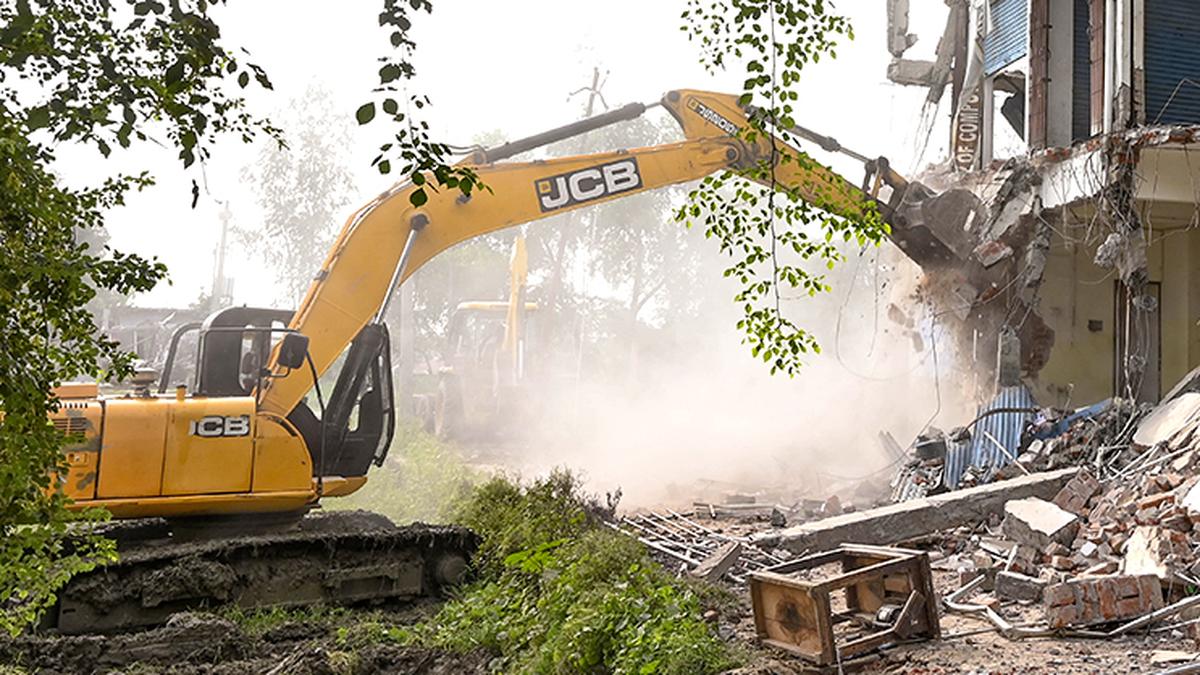
In a landmark ruling on November 13, 2024, the Supreme Court of India delivered a scathing judgment on the controversial practice of 'bulldozer justice', reinforcing the principles of fairness, due process, and accountability. The court's guidelines, aimed at curbing arbitrary demolitions carried out by state authorities, send a strong message against the extrajudicial actions that have gained traction in various states.
Judicial Oversight on Bulldozer Demolitions
The bench, comprising Justice BR Gavai and Justice KV Viswanathan, was addressing petitions that challenged the use of bulldozers to demolish properties linked to individuals accused of crimes. The court unequivocally stated that executive authorities cannot take over the judicial process, reinforcing that legal actions against individuals must go through a fair judicial process rather than being based on prejudice or arbitrary state action.
Justice Gavai remarked that the dream of every individual is to own a home, and depriving someone of their shelter without due process of law is a serious infringement on their fundamental rights. He stressed that the rule of law—the cornerstone of democracy—requires that an individual’s guilt should be determined through a fair trial, not through the actions of the executive.
Separation of Powers and Accountability
The court emphasized the separation of powers between the judiciary and executive, warning that the executive cannot act as a substitute for the judiciary. The ruling reiterated the public trust doctrine, which holds that the state must act transparently, fairly, and justly. Any arbitrary action taken by public officials that violates these principles would lead to accountability measures, including possible penalties.
The bench made it clear that when properties are selectively demolished without sufficient justification, it raises a presumption that the real intent is to penalize the individual without a trial, a practice that is unconstitutional and detrimental to fundamental rights.
Guidelines for Demolitions: Strict Procedures and Accountability
In an unprecedented move, the Supreme Court invoked its powers under Article 142 of the Constitution, laying down comprehensive guidelines for any future demolitions. These include:
Show-cause Notice Requirement: Before any demolition is carried out, the authorities must issue a show-cause notice to the person whose property is being targeted. This notice must specify the nature of the unauthorized construction, the grounds for demolition, and provide the person with a 15-day window (or as per local laws) to respond.
Public Hearing: Authorities must hold a hearing to allow the accused party to present their case before a final order is passed. Only after this process can the demolition proceed.
Opportunity for Appeal: The affected party will be allowed a 15-day period to appeal against the demolition order. Demolition can only proceed once all appeal avenues have been exhausted.
Responsibility of Officials: The court laid down a strong deterrent by stating that any officer who violates the guidelines will be held personally accountable. Such officials will be required to restore the demolished property, with the cost of restitution being recovered from their salaries.
Contempt of Court: The court warned that violations of these guidelines would lead to contempt proceedings, reinforcing the message that public officials must operate within the framework of the law.
Digital Transparency and Monitoring
The court has also mandated that all municipal authorities set up a digital portal within the next three months, which will maintain a public record of all show-cause notices issued and the final orders passed for demolition of illegal structures. This will ensure transparency and accountability, making it easier for citizens to track the legal actions being taken by the state.
Protecting Citizens from Arbitrary State Action
Justice Gavai pointed out that a person’s home is often the culmination of a lifetime of hard work and dreams. If the state were to demolish such a house without due process, it could not only destroy an individual’s shelter but also undermine their security and future. The court stressed that it is not enough for the state to claim that the demolition is for legal reasons; the manner in which it is carried out must adhere to the highest standards of justice and fairness.
Wider Implications: A Strong Message to States
This ruling sends a powerful message to all states about the importance of adhering to legal processes and protecting citizens' rights. The use of bulldozers to demolish properties on the basis of accusations—without trial or evidence—has been increasingly used by several state governments, often causing disproportionate harm to vulnerable communities.
The Supreme Court’s decision represents a significant step in curbing excesses by state authorities and reaffirming the constitutional rights of individuals, regardless of their legal status. It is expected to set a precedent for how future demolition cases will be handled across India, ensuring that the rule of law remains the guiding principle in matters of justice and equity.
....In a landmark ruling on November 13, 2024, the Supreme Court of India delivered a scathing judgment on the controversial practice of 'bulldozer justice', reinforcing the principles of fairness, due process, and accountability. The court's guidelines, aimed at curbing arbitrary demolitions carried out by state authorities, send a strong message against the extrajudicial actions that have gained traction in various states.
Judicial Oversight on Bulldozer Demolitions
The bench, comprising Justice BR Gavai and Justice KV Viswanathan, was addressing petitions that challenged the use of bulldozers to demolish properties linked to individuals accused of crimes. The court unequivocally stated that executive authorities cannot take over the judicial process, reinforcing that legal actions against individuals must go through a fair judicial process rather than being based on prejudice or arbitrary state action.
Justice Gavai remarked that the dream of every individual is to own a home, and depriving someone of their shelter without due process of law is a serious infringement on their fundamental rights. He stressed that the rule of law—the cornerstone of democracy—requires that an individual’s guilt should be determined through a fair trial, not through the actions of the executive.
Separation of Powers and Accountability
The court emphasized the separation of powers between the judiciary and executive, warning that the executive cannot act as a substitute for the judiciary. The ruling reiterated the public trust doctrine, which holds that the state must act transparently, fairly, and justly. Any arbitrary action taken by public officials that violates these principles would lead to accountability measures, including possible penalties.
The bench made it clear that when properties are selectively demolished without sufficient justification, it raises a presumption that the real intent is to penalize the individual without a trial, a practice that is unconstitutional and detrimental to fundamental rights.
Guidelines for Demolitions: Strict Procedures and Accountability
In an unprecedented move, the Supreme Court invoked its powers under Article 142 of the Constitution, laying down comprehensive guidelines for any future demolitions. These include:
Show-cause Notice Requirement: Before any demolition is carried out, the authorities must issue a show-cause notice to the person whose property is being targeted. This notice must specify the nature of the unauthorized construction, the grounds for demolition, and provide the person with a 15-day window (or as per local laws) to respond.
Public Hearing: Authorities must hold a hearing to allow the accused party to present their case before a final order is passed. Only after this process can the demolition proceed.
Opportunity for Appeal: The affected party will be allowed a 15-day period to appeal against the demolition order. Demolition can only proceed once all appeal avenues have been exhausted.
Responsibility of Officials: The court laid down a strong deterrent by stating that any officer who violates the guidelines will be held personally accountable. Such officials will be required to restore the demolished property, with the cost of restitution being recovered from their salaries.
Contempt of Court: The court warned that violations of these guidelines would lead to contempt proceedings, reinforcing the message that public officials must operate within the framework of the law.
Digital Transparency and Monitoring
The court has also mandated that all municipal authorities set up a digital portal within the next three months, which will maintain a public record of all show-cause notices issued and the final orders passed for demolition of illegal structures. This will ensure transparency and accountability, making it easier for citizens to track the legal actions being taken by the state.
Protecting Citizens from Arbitrary State Action
Justice Gavai pointed out that a person’s home is often the culmination of a lifetime of hard work and dreams. If the state were to demolish such a house without due process, it could not only destroy an individual’s shelter but also undermine their security and future. The court stressed that it is not enough for the state to claim that the demolition is for legal reasons; the manner in which it is carried out must adhere to the highest standards of justice and fairness.
Wider Implications: A Strong Message to States
This ruling sends a powerful message to all states about the importance of adhering to legal processes and protecting citizens' rights. The use of bulldozers to demolish properties on the basis of accusations—without trial or evidence—has been increasingly used by several state governments, often causing disproportionate harm to vulnerable communities.
The Supreme Court’s decision represents a significant step in curbing excesses by state authorities and reaffirming the constitutional rights of individuals, regardless of their legal status. It is expected to set a precedent for how future demolition cases will be handled across India, ensuring that the rule of law remains the guiding principle in matters of justice and equity.
By: My India Times
Updated At: 2024-11-13
Tags: top-stories News | My India Times News | Trending News | Travel News
Join our WhatsApp Channel






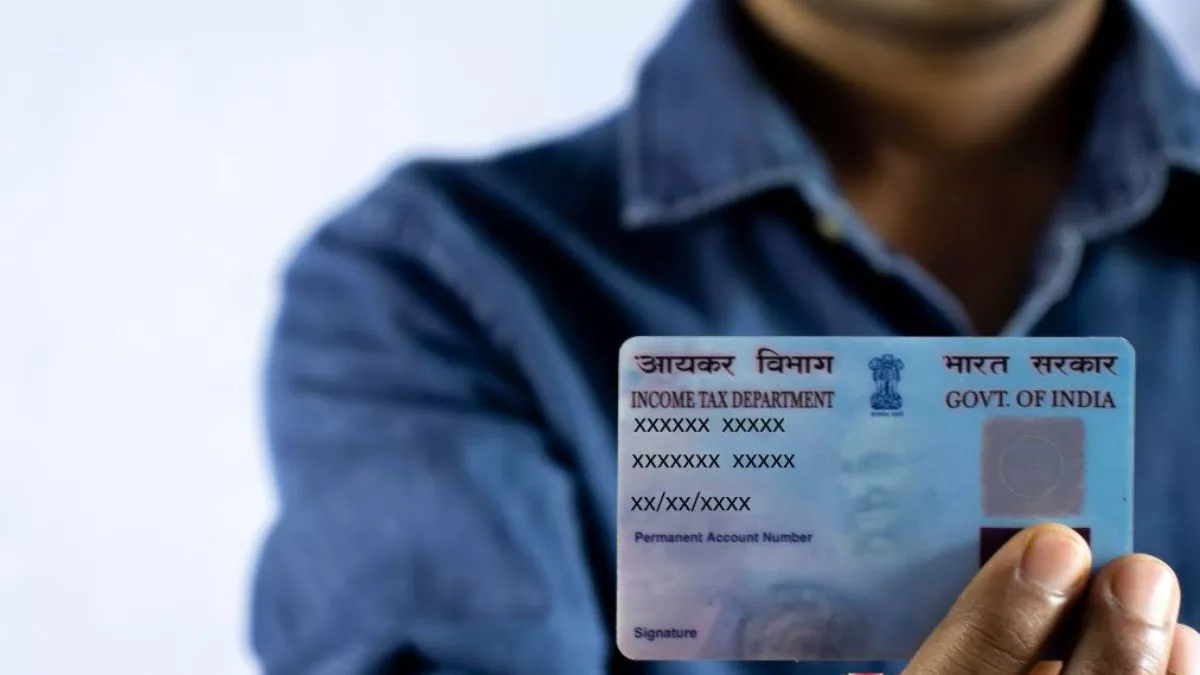



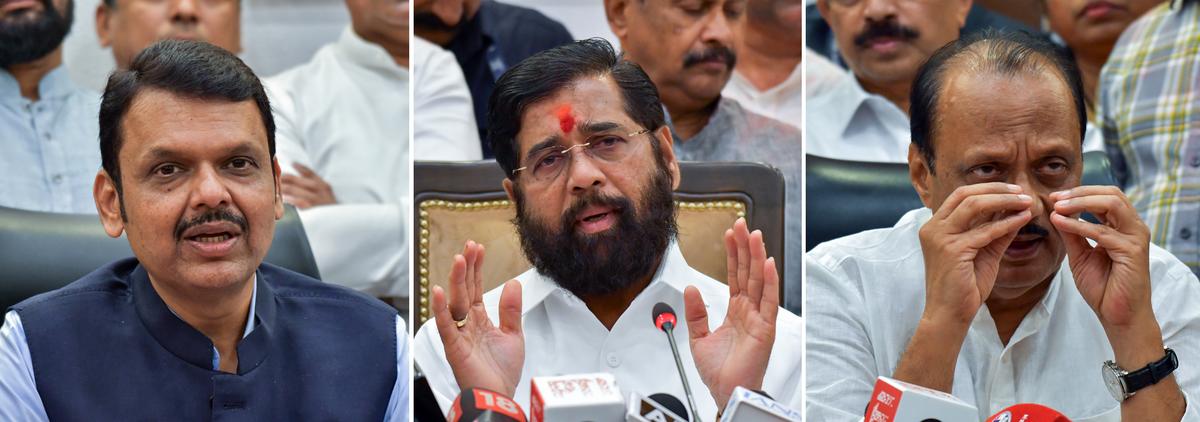


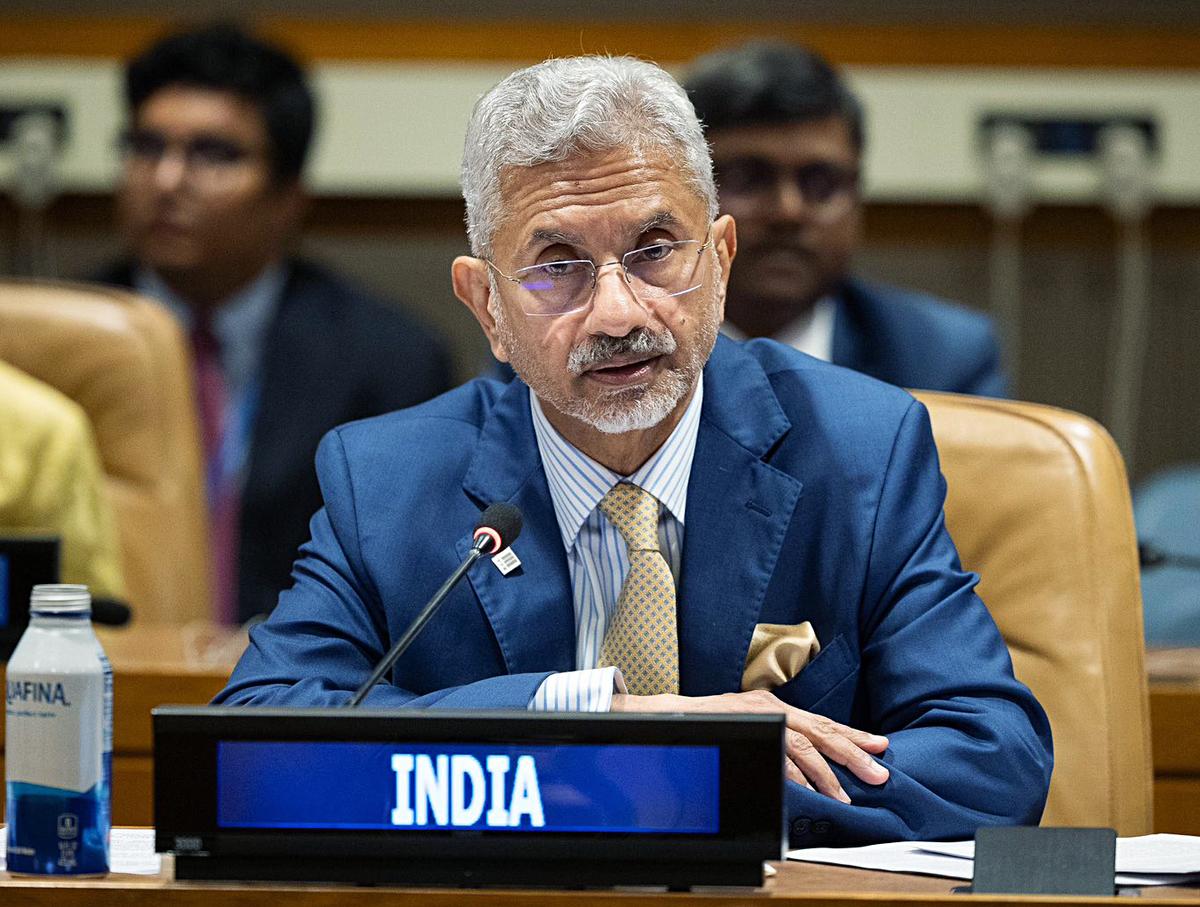
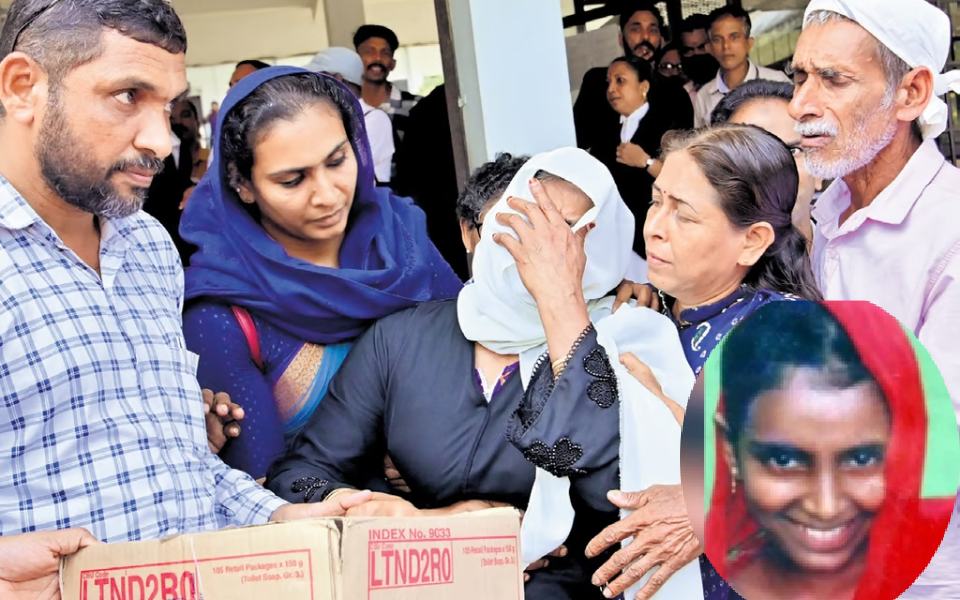




























































































.png)
 (1).png)























